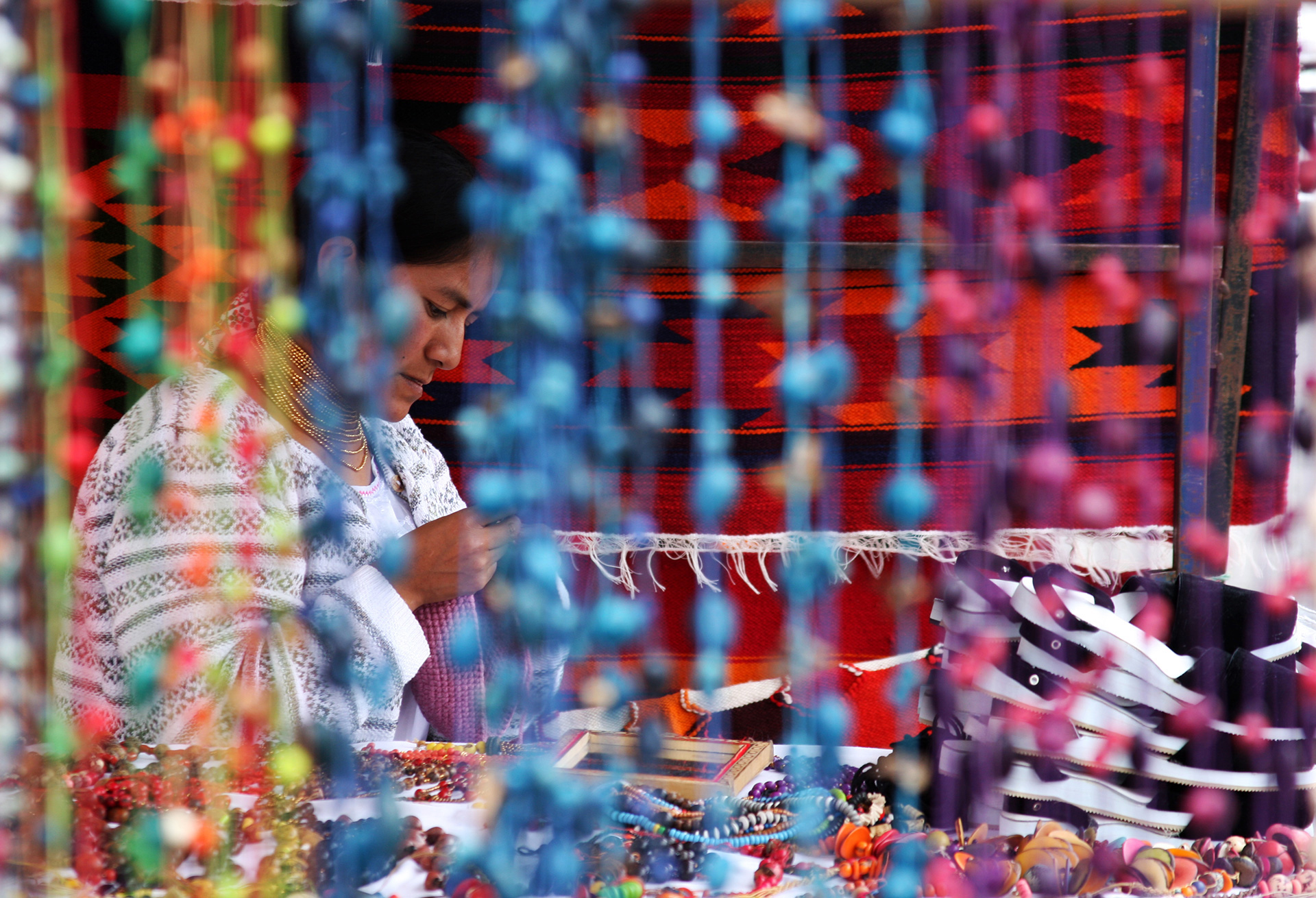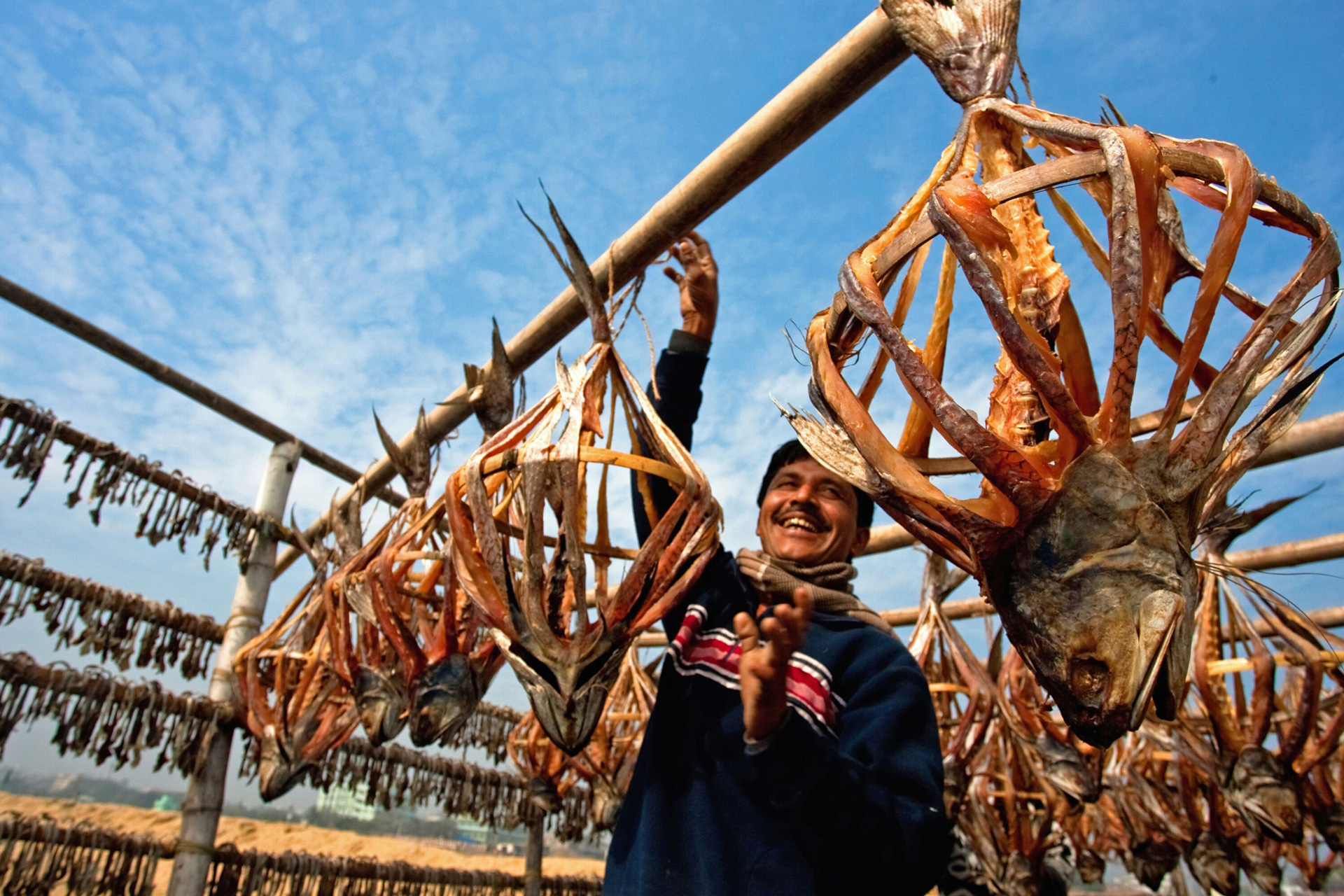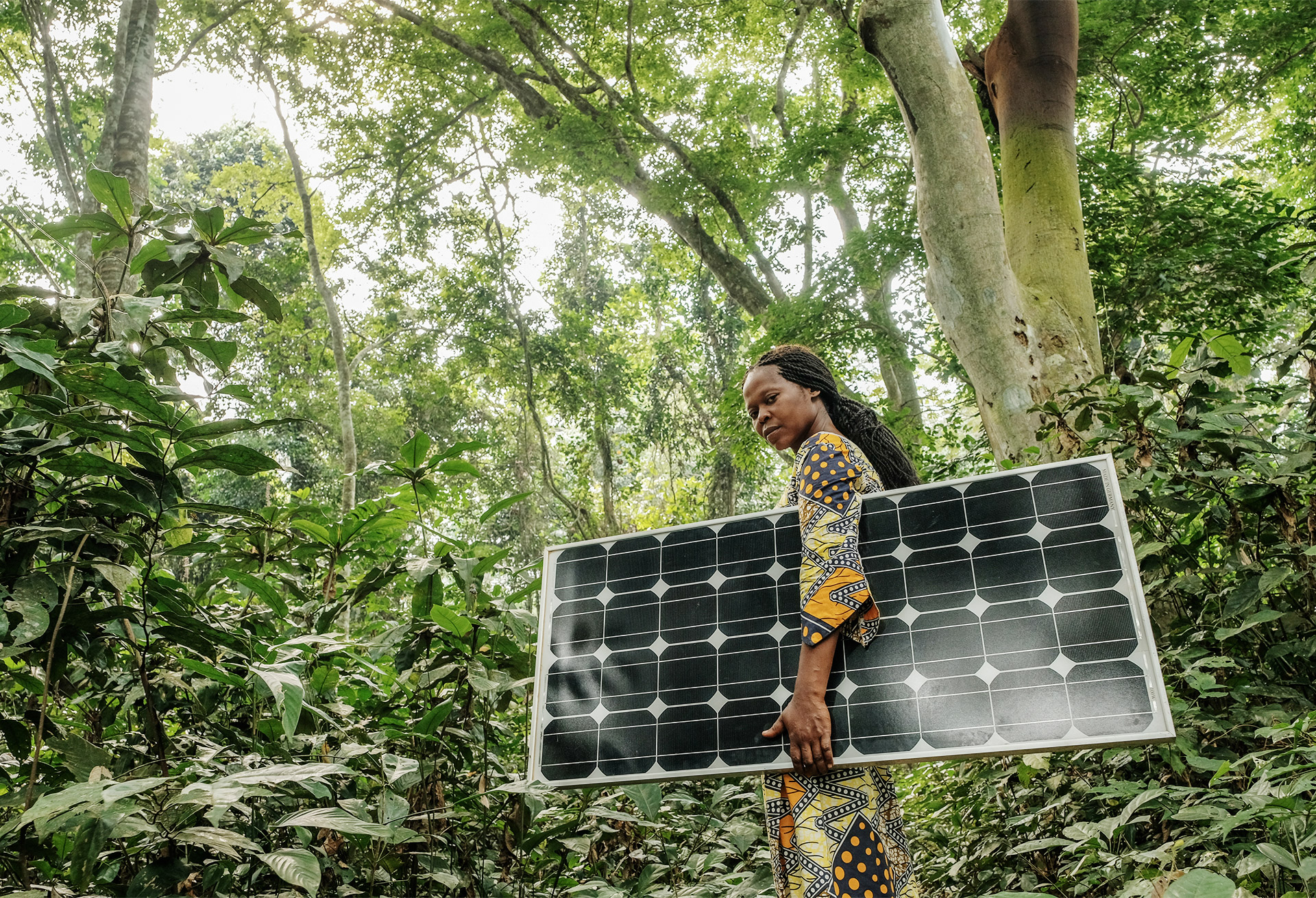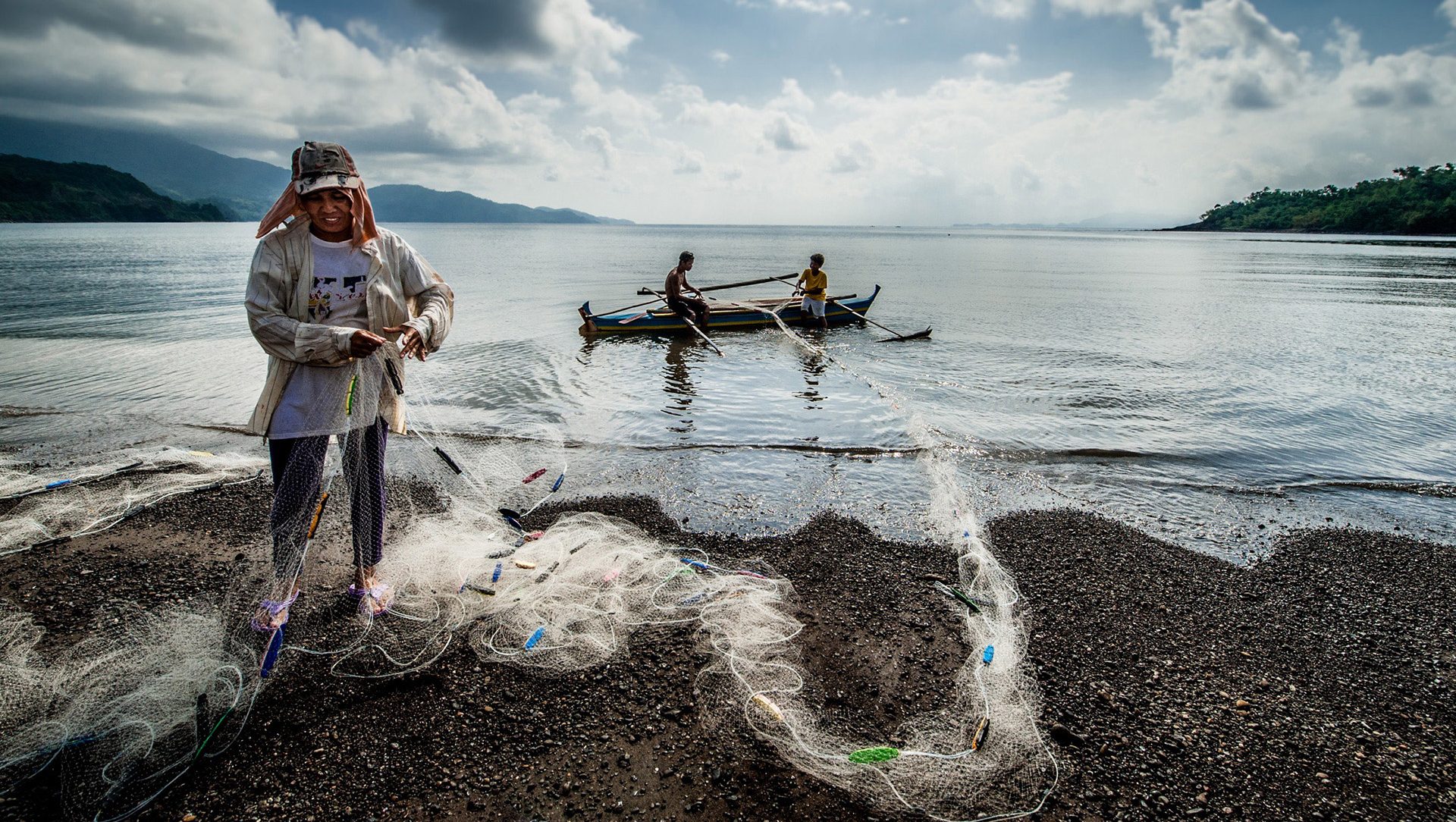Previous blog: Boosting Financial Inclusion for Refugees in Uganda
After a crisis erupted in South-Sudan, many fled to seek safety in Northern Uganda. Due to the crisis, the Rural Finance Initiative (RUFI), a South Sudanese microfinance institution (MFI), moved together with its customers to Uganda; thus, continuing serving their own clients who now became refugees.
Yengi Lokule, CEO of RUFI, explains: “Being a cross-border MFI with operations in Uganda and South Sudan, we have found it easier to relate to the refugees since some of them have been our clients in South Sudan and part of our staff members are also refugees’’.
In 2018, NpM, Platform for Inclusive Finance (NpM), conducted a Diagnostic Study on expanding financial inclusion of refugees with 4 financial service providers (FSPs) in Uganda. Many refugees are still excluded from financial services which results in missed opportunities to integrate in new communities, become part of the economic system and build their lives again. RUFI became part of the study to explore opportunities for reaching more refugee clients, after which they opened their 3rd branch in the Adjumani District with support of NpM and Act Church of Sweden.
RUFI South Sudan has been a partner of NpM member Cordaid Investment Management since 2010. Cordaid financially supported RUFI to follow its refugee clients to Uganda, to open new branches and to pilot and roll out the REMEDY loan product.
A snapshot of RUFIs loan portfolio and financial products:
Since the opening of their new branch, 1 year ago, the branch on-boarded 454 clients, of which 67% are refugees and 70% are women. They disbursed a total of UGX 536 million to these borrowers. RUFI expects a continuous increase in their client base as they expand their outreach to other refugee settlements. They provide loans to groups and individuals based on the capacity of the person. In total, 252 refugees have taken group loans, 52 refugees took an individual loan and 3 refugees took an agricultural loan. RUFI is currently piloting a Village Savings and Loan Association (VSLA) loan product that might attract many women and refugees. In addition, RUFI offers a product specifically targeting refugees (the REMEDY loan product). It helps refugees who lost their businesses to restart operations after undergoing technical skills training.
Challenges in serving refugees
RUFI has 3 years of experience in lending to refugees and has not realized the fear of flight risk that many financial institutions have. Refugees try their best to ensure their performance because, when underperforming, they usually have less access to other forms of financial services compared to their host communities. The main challenges RUFI is facing in their new branch are:
- Operating in an NGO environment: they provide financial services at a cost in an environment dominated by NGOs who are offering ‘handouts’. Operating in such an environment is very challenging and it takes providing appropriate market-led services effectively in order to sway the mindset of refugees.
- Unsecure funding sources: this makes RUFI go slow in reaching other settlements or opening new branches. Once this is secured, they plan to expand operations and reach as many refugees and host communities as possible. So far, Act Church of Sweden and Cordaid Investment Management have extended their help to address this challenge.
- Distance to settlements: Large distances and difficult road infrastructure make it challenging to reach settlements, especially in the rainy season.
RUFI’s future plans:
RUFI wants to open a fourth branch and they want to secure reliable funding mechanisms to concentrate on service provision. In addition, they are planning to integrate their operations in South Sudan and Uganda so that refugees who return home will find it easier to continue accessing financial services while also making it easier for RUFI to serve clients from both countries. In three years from now, RUFI aims to be the reference point for cross-border microfinance and financial access for refugees.
About NpM
NpM, Platform for Inclusive Finance, is the leading national platform in the inclusive finance sector worldwide. Established in 2003, the platform brings together Dutch development organisations, social investors and commercial banks active in the inclusive finance sector. Together with the Dutch Ministry of Foreign Affairs, NpM’s 12 members share a commitment to expanding access to finance in underserved regions and to anticipate the changing need in the sector to grow towards a responsible industry. The members of NpM are active in over 97 countries and have committed over EUR 4 billion to the inclusive finance sector. NpM’s activities are directed to the contribution of the financial sector in reaching the Sustainable Development Goals.






